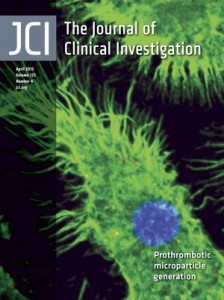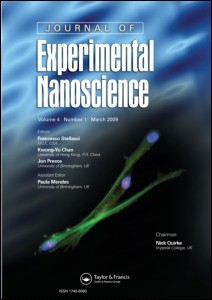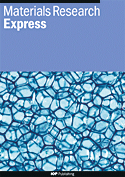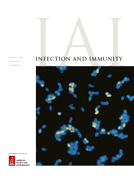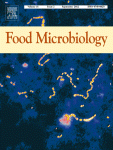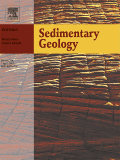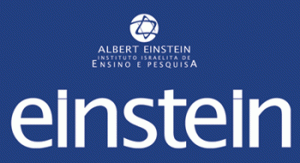 A paper on wiretapping in the Arab region has been retracted by a Qatari law review journal for redundant publication and “possible misuse of plagiarism detection software at the authoring stage.”
A paper on wiretapping in the Arab region has been retracted by a Qatari law review journal for redundant publication and “possible misuse of plagiarism detection software at the authoring stage.”
The 2013 article in the International Review of Law discusses how different Arab countries regulate intercepting telecommunications, and how to balance public safety with the right to privacy. According to the notice, it ripped off two other articles by author Nazzal Kisswani, published in 2011 and 2010. “Although it is not an exact copy of a previously published article, it contains parts of it,” the retraction explains.
Here’s the notice for “The “Right to Privacy” v. telecommunications interception and access: International regulations and implementations in the Arab Region”: Continue reading “Identical in theory and concept”: Privacy paper pulled over redundancy
